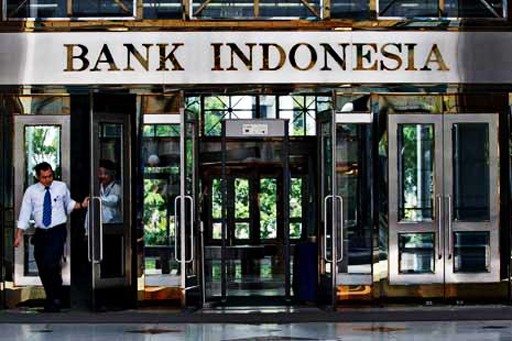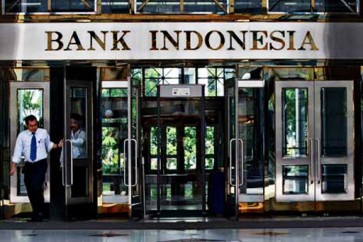Popular Reads
Top Results
Can't find what you're looking for?
View all search resultsPopular Reads
Top Results
Can't find what you're looking for?
View all search resultsLPS rate should be ‘derivative’ of Bank Indonesia repo rate
The cut in the central bank’s benchmark rate is a response to developments in the domestic and global economies, which are plagued by uncertainty. Within the domestic scope, Indonesia’s annual economic growth remains stagnant at around 5 percent.
Change text size
Gift Premium Articles
to Anyone
T
he wait of about eight months has ended. July’s Bank Indonesia (BI) board of governors meeting decided to cut its benchmark interest rate (seven-day reverse repo rate) by 25 basis points to 5.75 percent. The BI repo rate is still open to the possibility of another cut during the current year.
The cut in the central bank’s benchmark rate is a response to developments in the domestic and global economies, which are plagued by uncertainty. Within the domestic scope, Indonesia’s annual economic growth remains stagnant at around 5 percent.
In the international scope, the United States-China trade war has raised fears of weakening trade flows between the two major countries. As a result, the economic growth of all trading partners will be depressed, which impacts on Indonesia’s economic performance.
The benchmark rate cut is relevant in mitigating the above risks. Low deposit rates can raise the entrepreneurial spirit. People prefer to conduct business rather than saving money in a bank. The low cost of funds will undoubtedly ease the burden on a company, so its products will have more competitive prices.
Low interest rates also encourage direct and portfolio investments. The stock and bond markets are far more attractive. As a result, the financial market will be stronger. The mobility of funds flowing from the financial market to the real sector will create jobs.
Furthermore, low interest rates are an important prerequisite for maintaining the sustainability of the state budget. The interest on government securities will be lighter, so savings in funds can be diverted to government spending, especially on infrastructure projects to pursue the economic growth target of 5.2 percent.
However, the applicability of these various scenarios is debatable. Theoretically, a reduction in the BI repo rate is a reference for determining market interest rates. In practice, the effectiveness of a reduced BI repo rate in suppressing market interest rates is highly dependent on the degree of the interest rate pass-through.


















